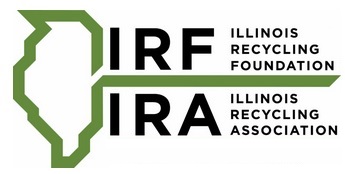Summary of Illinois’ Solid Waste Legislation
Updated June 2018*
*Please note that earlier versions of this document are obsolete. Executive Order 2017-3, issued by Governor Rauner, moved all recycling and waste reduction functions to the Illinois Environmental Protection Agency (IEPA) effective July 1, 2017. All recycling and waste reduction activities previously undertaken by the Illinois Department of Commerce and Economic Opportunity (DCEO) have been shut down.
Illinois does not have an omnibus law that deals with solid waste management issues; many separate pieces of legislation focus on waste reduction and recycling. The three major laws that impact and guide recycling and waste reduction in the State are the Illinois Solid Waste Management Act, the Illinois Solid Waste Planning and Recycling Act, and the Illinois Environmental Protection Act. Several other laws are also highlighted.
Solid Waste Management Act (415 ILCS 20/1 et seq.)
This law establishes the following waste management hierarchy, in descending order of preference, as State policy:
(1) volume reduction at the source;
(2) recycling and reuse;
(3) combustion with energy recovery;
(4) combustion for volume reduction;
(5) disposal in landfill facilities.
The Solid Waste Management Act (SWMAct) requires, under certain circumstances, the State of Illinois to procure products that are made from recycled commodities. For example, the law stipulates that at least 50 percent of the total dollar value of paper and paper products purchased by the Department of Central Management Services (CMS) shall be recycled paper and paper products. This law also mandates that the recycled products purchased by Illinois contain increasing percentages of post-consumer commodities. (Several other bills amending a variety of other laws have been enacted that require or encourage various state entities to procure and use goods made from recycled commodities.)
The SWMAct also requires state-supported colleges and universities to develop comprehensive waste reduction plans. These plans must contain recycling and waste reduction provisions designed to achieve at least a 40 percent reduction in the amount of solid waste that is generated by the institution. These plans must be updated every 5 years. The Illinois Environmental Protection Agency is tasked with reviewing and approving the required updated plans.
Solid Waste Planning and Recycling Act (415 ILCS 15/1 et seq.)
Under the Solid Waste Planning and Recycling Act (SWP&RAct), all Illinois counties, as well as the City of Chicago, were required to develop comprehensive solid waste management plans by March 1, 1995. The Illinois EPA was tasked with reviewing each county waste management plan to ensure consistency with the requirements of this Act. Each county waste management plan is required to be updated and reviewed every 5 years, and any necessary or appropriate revisions shall be submitted to the Illinois EPA for review and comment.
Each plan must include provisions for the implementation of a recycling program designed to recycle 25 percent of the municipal waste generated in their jurisdiction. This law has been amended to encourage counties to undertake solid waste management planning on a multi-county, regional basis through inter-governmental cooperation agreements. The SWP&RAct also contains a provision that requires single use plastic containers to be coded by resin type. (This coding helps recyclers more easily identify and segregate recyclable plastic containers.)
Environmental Protection Act (415 ILCS 5/1 et seq.)
The EPAct contains Illinois’ environmental regulations. Among other things, the EPAct regulates the disposal of used tires and refuse. In addition, this legislation establishes requirements for the issuance of permits for pollution control facilities such as landfills, transfer stations and some compost sites. (Recycling centers and “clean” material recovery facilities (MRFs) do not require permits.) The EPAct also establishes fees that supports Illinois’ solid waste management related programs.
The EPAct authorizes the state and some local governments to impose a surcharge on tipping fees at Illinois’ landfills. The revenue generated from the state surcharge is deposited into the Solid Waste Management Fund, the source of funding for most of Illinois’ waste reduction and recycling activities. Under the law, the state tipping fee surcharge is $0.95 cents per cubic yard and/or $2.00 per ton. Local governments that host landfills also are authorized to impose up to an additional $0.60 cents per cubic yard and/or $1.27 a ton local surcharge. An additional Subtitle D fee of $0.101 per cubic yard and/or $0.22 per ton is also imposed, thus the total state tipping fee is often referenced as being $2.22 a ton.
The EPAct also imposes a fee of $2.50 on each tire sold at retail in Illinois. A portion of this money is dedicated for use by the Illinois Environmental Protection Agency. In addition, fifty cents of each fee are dedicated to the Illinois Emergency Public Health Fund. The law also requires persons selling tires at retail in Illinois to accept for recycling used tires from customers, in a quantity equal to the number of new tires purchased. The EPAct also contains provisions that prohibit a variety of items from being disposed of in Illinois’ landfills. The following items are banned from Illinois’ landfills:
Yardwaste: Public Act 85-1430 banned landscape waste (grass, leaves and brush) from being landfilled effective July 1, 1990.
Lead-Acid Batteries (Car Batteries): Public Act 86-723 banned the landfilling of lead-acid batteries effective September 1, 1990.
Waste Tires: Public Act 86-452 (1989) banned whole used or waste tires from sanitary landfills effective July 1, 1994. (Pubic Act 93-839 eliminated DCEO’s share of the Used Tire Management.)
White Goods: Public Act 87-858 banned white goods (large appliances) from being landfilled effective July 1, 1994, unless the “white good components have been removed.” White goods include “all discarded refrigerators, ranges, water heaters, freezers, air conditioners, humidifiers and other similar domestic and commercial large appliance.” White good components include: “any chlorofluorocarbons refrigerant gas; any electrical switch containing mercury; and any device that contains or may contain PCBs in a closed system, such as a dielectric fluid for a capacitor, ballast or other component.” Additionally, landfills cannot accept “clean” white goods for disposal unless they participate in the Industrial Materials Exchange Service by communicating the availability of white goods.
Used Oil: Public Act 87-1213 prohibited, beginning July 1, 1996, persons from knowingly mixing liquid used oil with any municipal waste that is intended for collection and disposal at a landfill. The law further stipulates that no owner or operator of a sanitary landfill shall accept liquid used oil for final disposal beginning July 1, 1996. For this act “liquid used oil” shall not include used oil filters, rags, absorbent material used to collect spilled oil, or empty containers which previously contained virgin oil, re-refined oil or used oil.
Electronic Products: While not covered by the EPA Act, the Electronic Products Recycling and Reuse Act (415 ILCS 150/1 et seq.) bans many electronic products from being landfilled, This more recent law, signed and effective September 17, 2008 as amended in 2011, advances a producer responsibility model for dealing with end-of-life electronics generated in Illinois. Among other things, this legislation bans covered electronic devices from being landfilled in Illinois starting January 1, 2012. Covered electronic devices include computers, monitors, televisions and printers.
Mercury Thermostat Collection Act (415 ILCS 98/1 et seq.)
This law includes a prohibition on the disposal of out-of-service mercury-switch thermostats in a sanitary landfill, in addition to prohibiting the mixing of out-of-service mercury-switch thermostats with any other solid waste that is intended for disposal at a sanitary landfill (Section 50). This provision is like the landfill bans that apply to car batteries, waste tires and other end-of-life products.
This law also contains product stewardship provisions, like the Electronic Products Recycling and Reuse Act. The key provisions include:
- Requires heating, ventilation and cooling (HVAC) contractors or service technicians to recycle mercury-switch thermostats that are taken out of service, beginning July 1, 2011.
- Requires thermostat wholesalers (typically heating, plumbing and electrical supply businesses) to act as a collection point for out-of-service mercury thermostats, beginning July 1, 2011. Thermostat wholesalers not participating in the program are prohibited from selling or distributing thermostats.
- Requires thermostat manufacturers to make collection containers available to all thermostat wholesalers and qualified HVAC contractors. Retailers and qualified local government authorities may also request a collection container. Requires thermostat manufacturers to pay for the transportation of the collected mercury-switch thermostats to an appropriate recycling facility.
- Requires thermostat manufacturers to develop and distribute educational materials to help make wholesalers and HVAC contractors aware of the requirements of the law.
- Establishes goals for the collection of mercury-switch thermostats in the first four years of the program. Provides IEPA with authority for setting the collection goals for 2015 to 2020, and requires updates to the collection programs if the goals are not achieved. The law sunsets on January 1, 2021.
Illinois Property Tax Act (35 ILCS 200/1-1, et seq.)
The Illinois Property Tax Act specifically includes recycling businesses among commercial or industrial firms in Illinois that may petition local taxing districts for abatement of taxes under certain circumstances:
(35 ILCS 200/18 165) Sec. 18 165. Abatement of taxes.
(a) Any taxing district, upon a majority vote of its governing authority, may, after the determination of the assessed valuation of its property, order the clerk of that county to abate any portion of its taxes on the following types of property:
(1) Commercial and industrial.
(A) The property of any commercial or industrial firm, including but not limited to the property of (i) any firm that is used for collecting, separating, storing, or processing recyclable materials, locating within the taxing district during the immediately preceding year from another state, territory, or country, or having been newly created within this State during the immediately preceding year, or expanding an existing facility, or (ii) any firm that is used for the generation and transmission of electricity locating within the taxing district during the immediately preceding year or expanding its presence within the taxing district during the immediately preceding year by construction of a new electric generating facility that uses natural gas as its fuel, or any firm that is used for production operations at a new, expanded, or reopened coal mine within the taxing district, that has been certified as a High Impact Business by the Illinois Department of Commerce and Economic Opportunity. The property of any firm used for the generation and transmission of electricity shall include all property of the firm used for transmission facilities as defined in Section 5.5 of the Illinois Enterprise Zone Act. The abatement shall not exceed a period of 10 years and the aggregate amount of abated taxes for all taxing districts combined shall not exceed $4,000,000.


